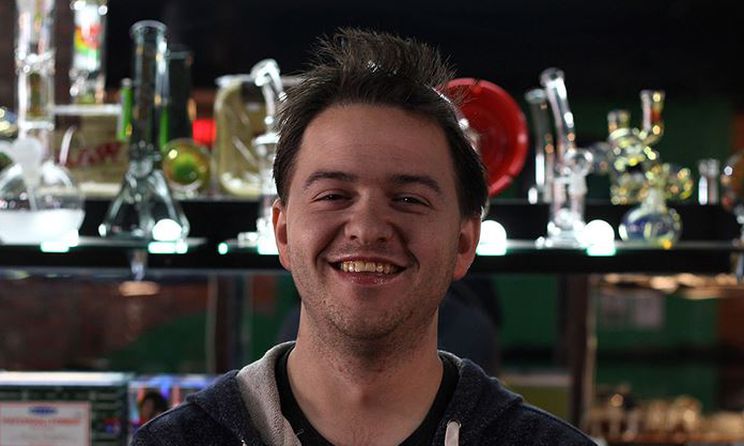Tom Morrison – OurWindsor.Ca – September 11, 2017
The Ontario government needs to “rigorously and transparently” analyze all of the alternative methods for distributing recreational marijuana ahead of its July 1 legalization date, the president of the Windsor-Essex Chamber of Commerce said Monday.
Provincial officials announced Friday it will be using the LCBO to handle legal marijuana sales through a chain of stores separate from those which sell alcohol.
The Windsor-Essex chamber put forward a policy at last year’s Canadian Chamber of Commerce annual general meeting on the issue.
“What we want to do is ensure that whatever the model is that we’ve ensured that it’s been demonstrated to be the best practice (and) it’s been the best process that’s been transparent,” said local chamber president Matt Marchand.
The Windsor-Essex chamber’s policy, which has been supported by the Ontario and Canadian chambers, asks the government to choose a system which will eliminate the underground system, have limited points of access, be done in consultation with communities and invest in addiction treatment.
Marchand said chamber members believe there are economic opportunities from the legal sale of marijuana, but there also has to be minimal social implications.
The president of the Ontario Chamber of Commerce wrote in a letter to Premier Kathleen Wynne last year which said members of the business community will not “accept a system designed to maximize government revenues.”
Marchand said it is too soon to know whether the LCBO system would do just that because more information needs to be released.
“I guess we’ll have to wait and see, but it will be helpful if we saw the alternatives being rigorously and transparently analysed from a number of different areas and the results of those made available to the entire province for discussion and debate,” he said.
Local cannabis activist Jon Liedtke said he’s disappointed, but not surprised, the provincial government would choose a strictly government-run system.
Liedtke, who co-owns the medical marijuana lounge Higher Limits, said a model in which private businesses can be involved with distribution would have helped his business expand.
“If we were able to sell cannabis, it would have represented a significant increase in revenues for us, as it would have been a completely different business model than just a cannabis lounge where we allow people to bring in their own cannabis,” he said.
Instead, the government’s decision means a status quo situation at his business, which provides a space for people to use medical marijuana but has no legal right to check someone’s medical status.
The province has said 40 of these new LCBO-run stores will be open across the province by July 1, with 80 by July 1, 2019 and 150 by 2020. There are also plans for an online distribution system by July 1.
Liedtke said he doubts the roll out will accommodate a border community like Windsor, which could see an influx of American tourists come July.
“I think we’re going to sell out of product very quickly,” he said. “If the province doesn’t recognize that we’re not going to be able to handle it, I think the black market is going to thrive.”
Marchand said Windsor’s border city status also raises questions about how customs from both countries will treat cannabis users who enter or return to the U.S. He said this is another example of why the policy deserves a true analysis.


Leave a Reply